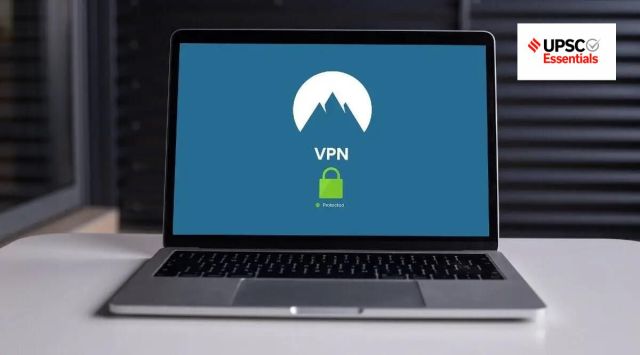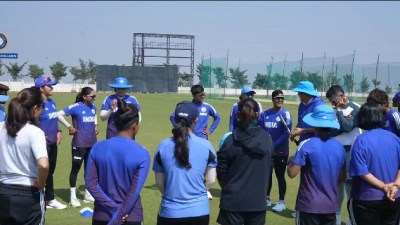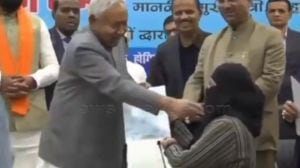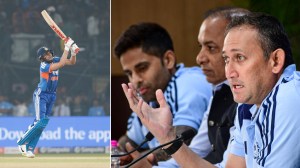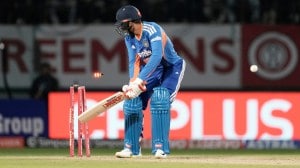Manas Srivastava leads the UPSC Essentials section of The Indian Express (digital). He majorly writes on UPSC, other competitive exams and education-related projects. In the past, Manas has represented India at the G-20 Youth Summit in Mexico. He is a former member of the Youth Council, GOI. A two-time topper/gold medallist in History (both in graduation and post-graduation) from Delhi University, he has mentored and taught UPSC aspirants for more than five years. His diverse role in The Indian Express consists of writing, editing, anchoring/ hosting, interviewing experts, and curating and simplifying news for the benefit of students. He hosts the YouTube talk show called ‘Art and Culture with Devdutt Pattanaik’ and a LIVE series on Instagram and YouTube called ‘LIVE with Manas’.His talks on ‘How to read a newspaper’ focus on newspaper reading as an essential habit for students. His articles and videos aim at finding solutions to the general queries of students and hence he believes in being students' editor, preparing them not just for any exam but helping them to become informed citizens. This is where he makes his teaching profession meet journalism. He is also the editor of UPSC Essentials' monthly magazine for the aspirants. He is a recipient of the Dip Chand Memorial Award, the Lala Ram Mohan Prize and Prof. Papiya Ghosh Memorial Prize for academic excellence. He was also awarded the University’s Post-Graduate Scholarship for pursuing M.A. in History where he chose to specialise in Ancient India due to his keen interest in Archaeology. He has also successfully completed a Certificate course on Women’s Studies by the Women’s Studies Development Centre, DU. As a part of N.S.S in the past, Manas has worked with national and international organisations and has shown keen interest and active participation in Social Service. He has led and been a part of projects involving areas such as gender sensitisation, persons with disability, helping slum dwellers, environment, adopting our heritage programme. He has also presented a case study on ‘Psychological stress among students’ at ICSQCC- Sri Lanka. As a compere for seminars and other events he likes to keep his orating hobby alive. His interests also lie in International Relations, Governance, Social issues, Essays and poetry. ... Read More

